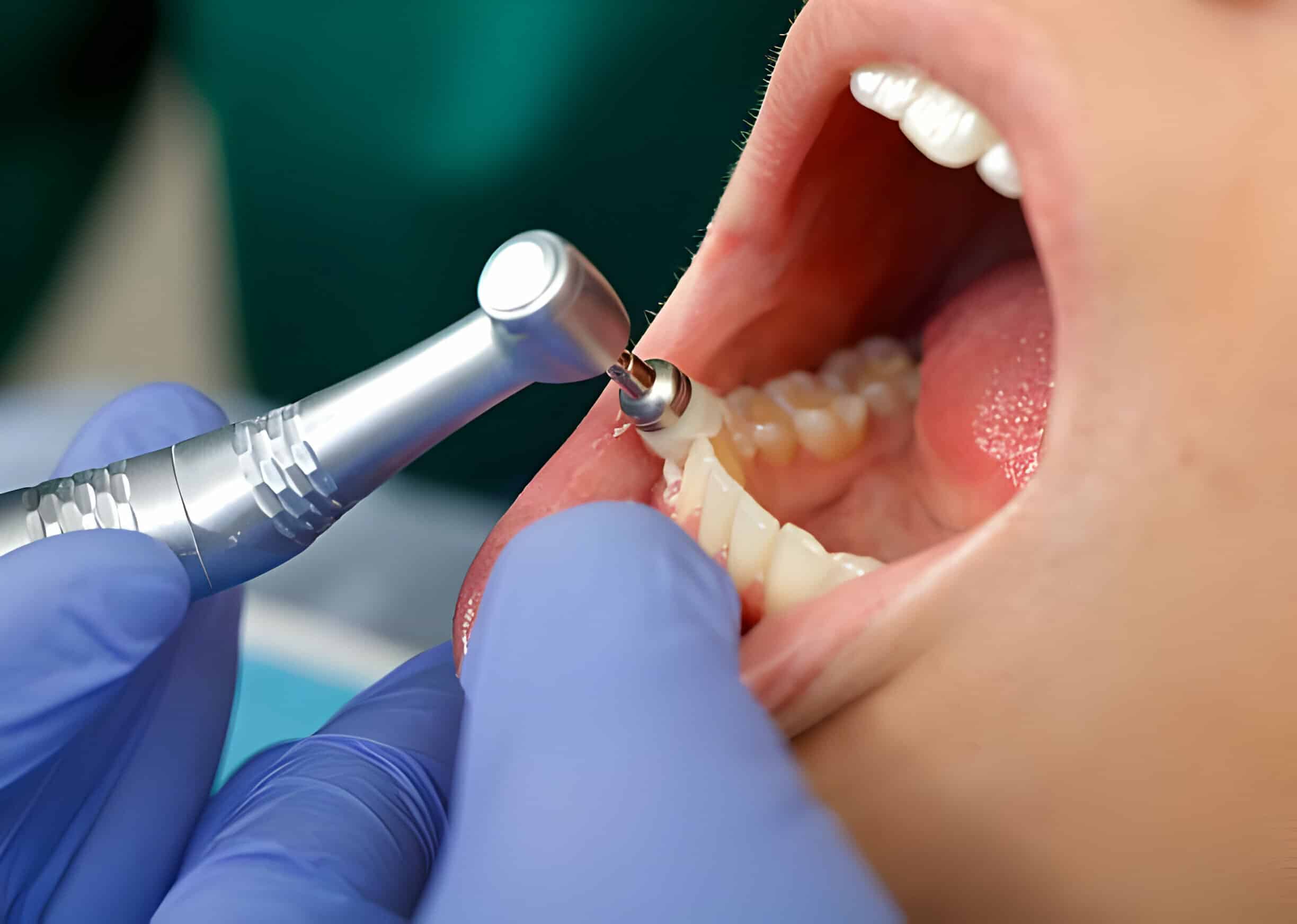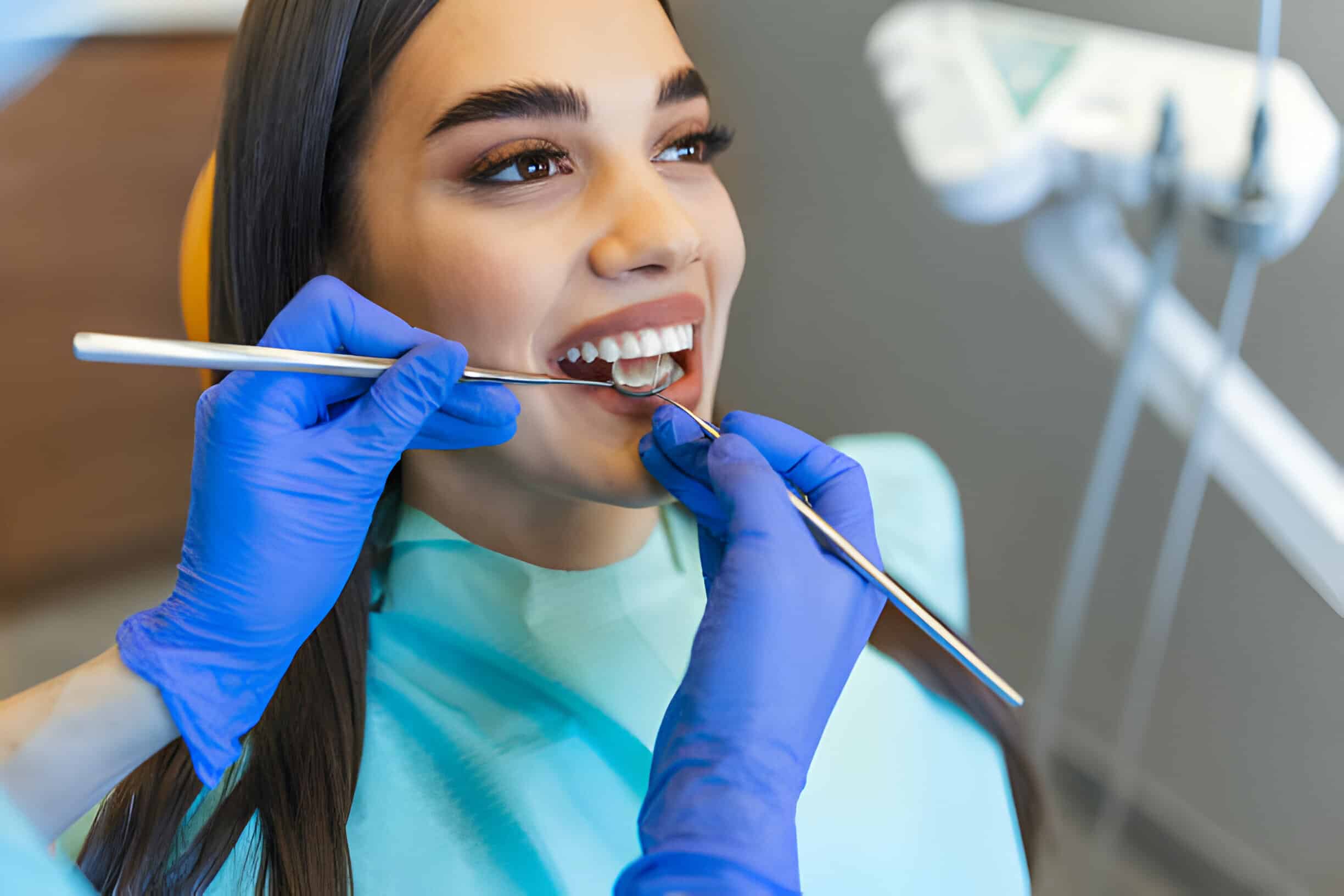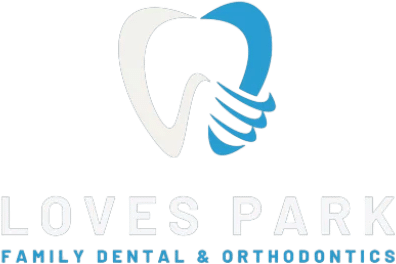Summary:
You might be wrong if you think regular oral hygiene is enough to clean your teeth.
Of course, proper oral hygiene at home is paramount for optimal oral health, but it’s not enough to prevent dental problems. Most people visiting their dentists frequently report having healthy oral habits, yet they suffer from some dental issues, making effective cleaning even more crucial.

Occasional teeth cleaning treatment by dentists in Loves Park, IL, can deep cleanse your teeth, which is necessary to prevent oral issues and diseases.
In this blog, we shall closely examine the different aspects of dental cleanings by delving into topics like:
- Preserve Your Natural Teeth With Professional Dental Cleaning
- Extensive Procedures Of Dental Cleaning
- Unique Benefits Of Regular Dental Cleanings
- How Often Should You Go for Regular Cleaning?
Continue reading as we explore everything about dental cleanings of teeth in the following sections.
Preserve Your Natural Teeth With Professional Dental Cleaning
Regular brushing and flossing is crucial to prevent dental issues and oral diseases, but it’s not enough. You might miss several unreachable corners of your mouth where tartar and plaque could build up.
This can lead to gum diseases, cavities, stains, and even bad breath. Most dental problems begin this way. Stats suggest that around 74.11% of people suffer from tooth decay because of irregular hygiene and bad eating habits.
Role of Professional Cleaning Experts in Smile Dentistry
Professional dental cleanup professionals can clean your teeth thoroughly by removing tartar build-up using special tools and technology. They can also address issues like stains and cavities to ensure healthy teeth and gums.
Additionally, dentist teeth cleaning can help identify underlying dental issues that can be addressed and treated before they escalate. Therefore, regular dental cleanings are the best way to preserve natural teeth.

Extensive Procedures Of Dental Cleaning
Oral cleaning is a cornerstone of preventive dental care, preserving oral health and averting potential dental issues. This section explores a detailed description of the types of teeth-cleaning procedures that aid in maintaining a healthy and beautiful smile.
Initial Evaluation & Examination
Dental teeth whitening and cleaning typically begin with thoroughly assessing the patient’s oral health status. It involves examining the teeth, gums, and surrounding oral tissues.
During this stage, your professional will meticulously inspect your mouth for signs of plaque accumulation, tartar deposits, cavities, or indications of gum disease. This non-surgical stage involves using specialized dental tools such as mirrors and probes to inspect your oral health.
Plaque & Tartar Removal (Scaling)
One of the primary objectives of oral cleanup is removing plaque and tartar deposits that may have accumulated on the teeth and along the gumline. When left untreated, plaque and tartar can lead to tooth decay and gum inflammation.
Professionals use specialized instruments, such as scalers and curettes, to remove plaque and tartar buildup carefully. This minimizes the risk of bacterial infection and avoids cavity problems.
Cleaning & Polishing
Once the plaque and tartar are removed, oral hygienists clean and polish your teeth. They use a tooth whitening polish and a gritty gel-like substance to meticulously polish the tooth surfaces.
This process effectively eliminates surface stains, leaving the teeth smooth, lustrous, and free from unsightly discoloration. This enhances the aesthetic appeal of your smile and facilitates easy oral hygiene.
Flossing & Interdental Cleaning
In addition to cleaning the surfaces of the teeth, cleaning professionals also offer flossing and interdental cleanup to address areas that may be inaccessible with traditional brushing techniques.
These professionals effectively remove plaque and debris by cleaning between the teeth and along the gumline through meticulous flossing and interdental brushes. This step is crucial for maintaining optimal gum health and preventing periodontal disease.
Fluoride Treatment
Although uncommon, oral professionals may recommend fluoride treatment after the cleaning procedure. They generally suggest it to patients with a higher risk of tooth decay or weakened enamel.
Fluoride is a naturally occurring mineral that helps strengthen tooth enamel, making it more resistant to acid erosion. Dentists may apply fluoride varnish or gel to your teeth to provide additional protection against cavities.
Unique Benefits of Professional Dental Cleanings
Professional dental cleanups offer a rigorous cleaning of teeth and mouth, which isn’t possible at home. Regular cleaning provides numerous benefits to maintaining oral health and overall well-being.
-
Prevents Cavities
Professional cleaning removes plaque buildup, a leading cause of tooth decay and cavities. It eliminates the risk of cavities and preserves the structural integrity of teeth by removing plaque.
-
Gum Disease Prevention
Plaque accumulation can lead to gum disease, causing inflammation, bleeding, and tooth loss. Regular cleanings help prevent gum disease by removing bacteria and tartar buildup along the gumline.
-
Freshens Breath
Persistent bad breath is unpleasant and often comes from bacteria in the mouth. Dental cleanups remove bacteria and food particles, leaving your mouth fresh and clean.
-
Early Detection Of Oral Health Issues
During a cleaning session, dentists and hygienists thoroughly examine your mouth for signs of potential issues like cavities, gum disease, oral cancer, and other abnormalities. Early detection allows for timely intervention and treatment, preventing complications.

-
Improves Overall Health
Research suggests a link between oral health and systemic health. Regular cleanups may improve overall health by reducing the risk of heart disease, stroke, diabetes, and respiratory infections.
-
Promotes Confidence
A healthy, bright smile can enhance your self-esteem and confidence. Regular cleanings help maintain optimal oral health, allowing you to smile confidently and interact comfortably in social and professional settings.
Still trying to understand the possibilities of professional teeth whitening? Simply Google “Does teeth cleaning whiten teeth” and find out the results yourself.
How Often Should You Go for Regular Cleaning?
Regular cleanings are vital for maintaining good oral health. It’s generally recommended that these cleanings be scheduled every six months.
However, this may vary depending on individual factors such as personal oral care routines, medical history, and any existing oral conditions. These routine cleanings play a crucial role in preventing the accumulation of plaque and tartar, which can contribute to gum disease, tooth decay, and other health issues.
Moreover, they enable professionals to identify and address potential problems early, promoting a healthy and radiant smile for years.
Takeaway
- While maintaining proper oral hygiene is essential, more is needed to prevent oral problems entirely.
- Professional cleanings are necessary to clean teeth thoroughly and prevent gum disease, cavities, stains, and bad breath.
- Oral cleanup involves various procedures, including initial evaluation, plaque and tartar removal, cleanup and polishing, flossing, interdental cleanup, and fluoride treatment.
- Regular cleanup every six months helps prevent cavities by removing plaque buildup, a primary cause of tooth decay.
- Oral cleanup also contributes to fresher breath and improved oral hygiene by removing bacteria and food particles.
- Oral professionals thoroughly examine the mouth during cleaning. They are your go-to option for preventing future oral complications.
- Don’t wait for things to take a grave turn; contact our Loves Park Family Dental professionals to learn more about effective teeth cleaning today.

